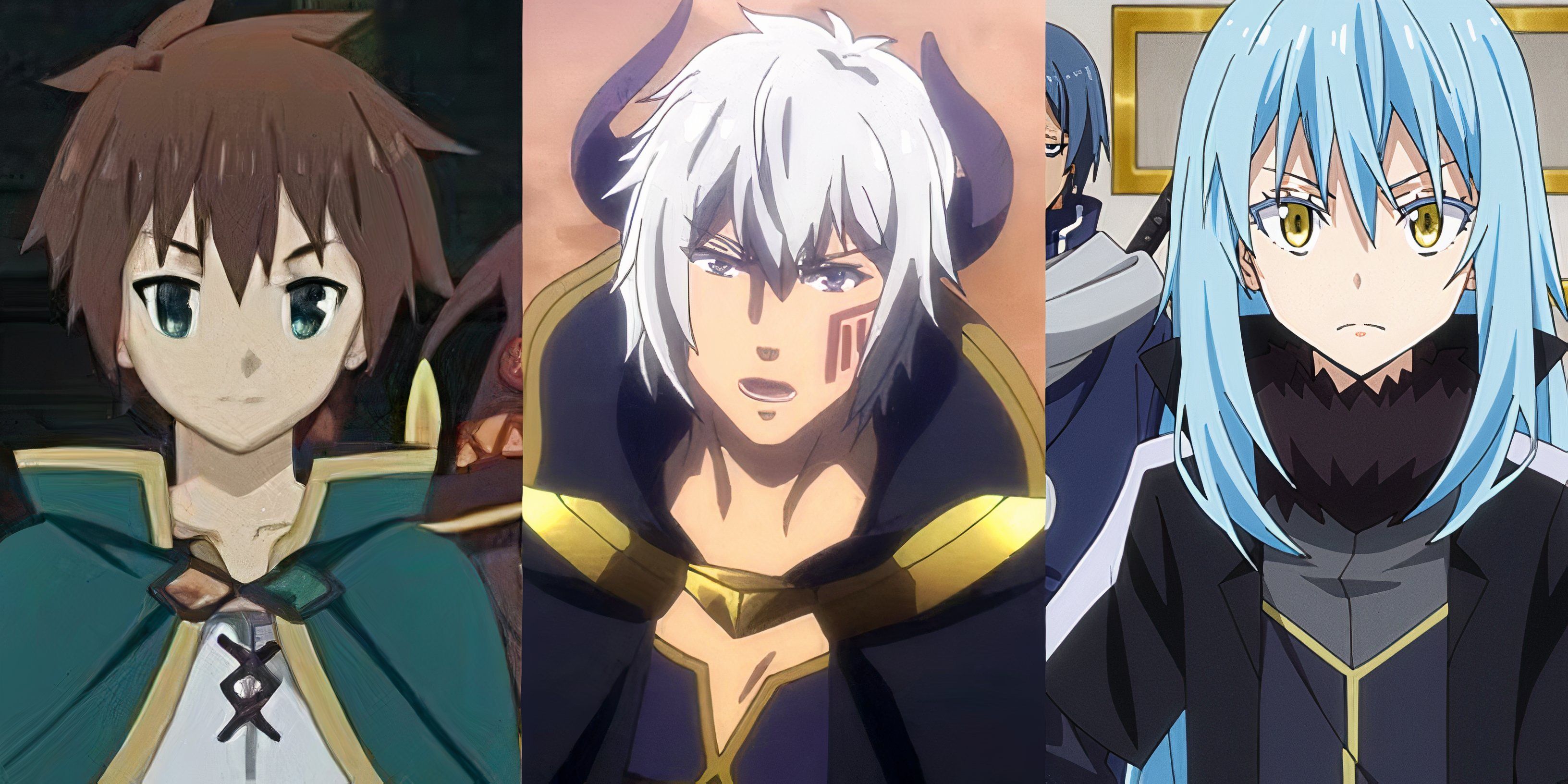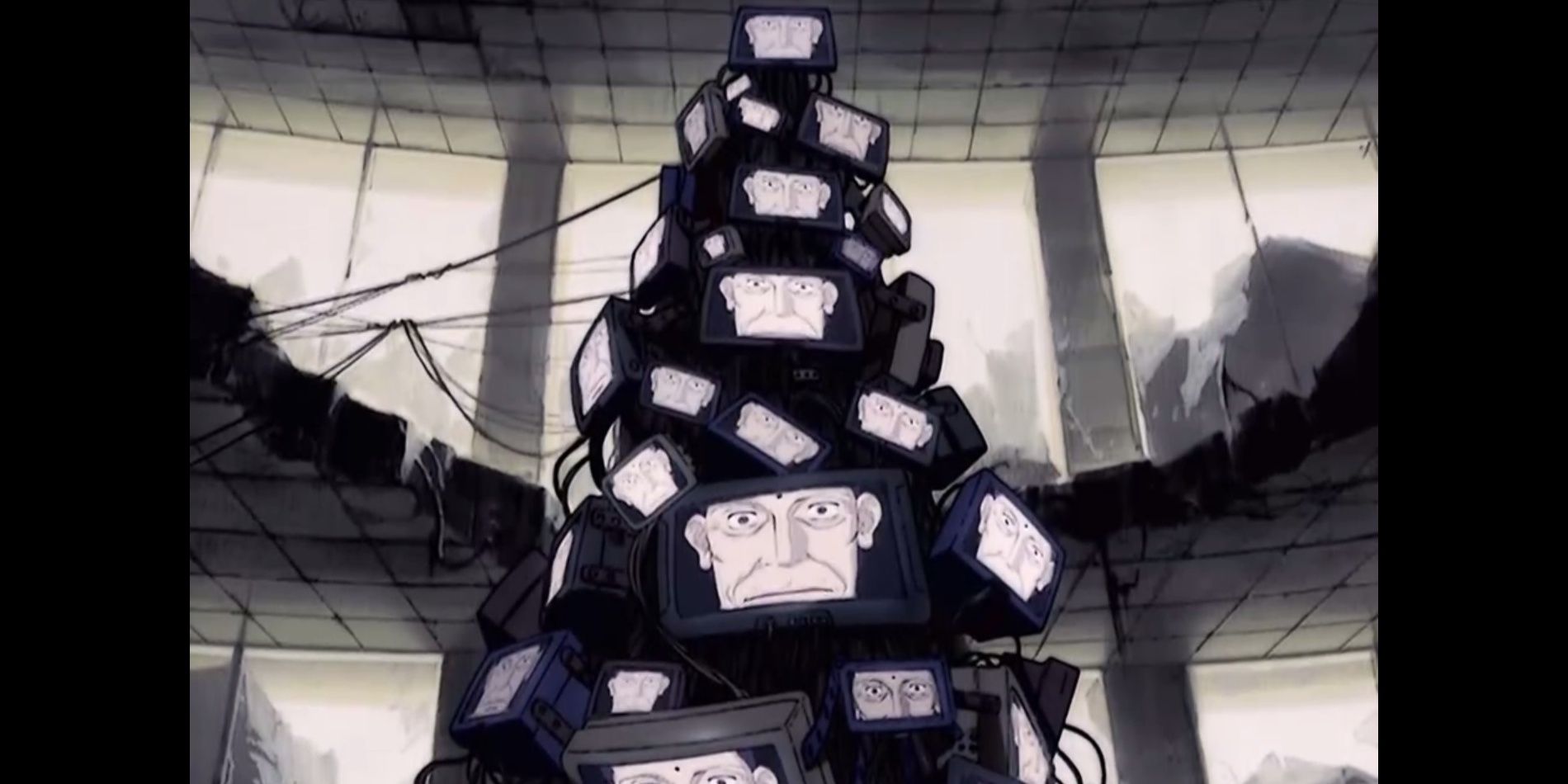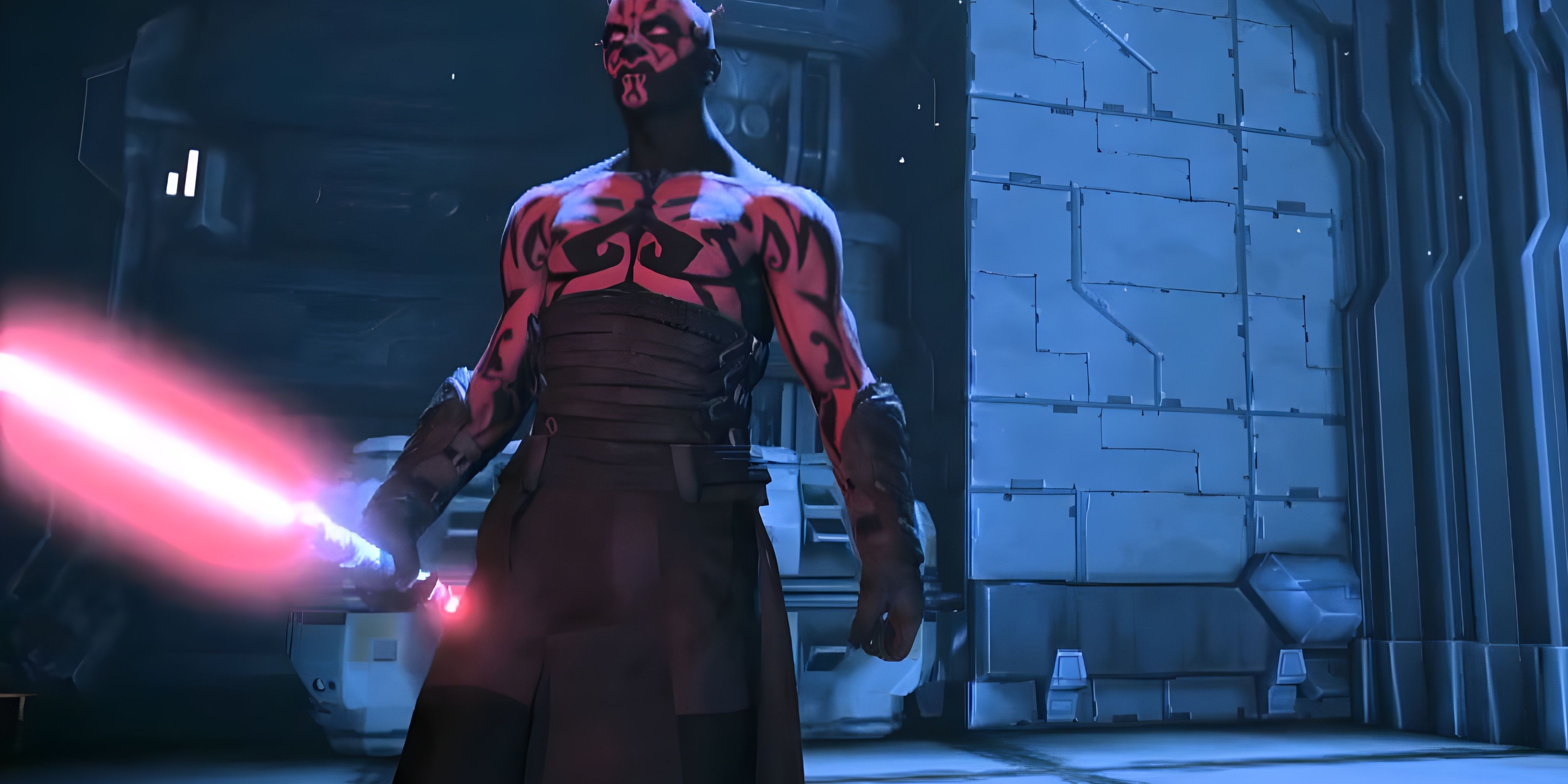One of the hallmarks of the human experience is the tendency to worship things. Animals don't generally forge systems of belief, but mankind has them in spades. Religion gets a little strange in the theoretical world of the sci-fi future, and the dark side of religion is even more complex.
Cults are a good go-to swarm of villains for just about any genre of fiction and occasionally in non-fiction. Science fiction takes the concept in interesting directions from a number of strange angles. Sci-fi writers love to simply shift existing ideas into the space-faring future, but cults are the kind of idea that has to evolve to suit the time.
Cults are subjectively defined, but generally, they're a religious or spiritual group that joins in rituals to worship a specific concept or being. In fantasy stories, they're typically concerned with raising some powerful monstrosity from the dead or granting power to some evil sorcerer. In more grounded modern fiction, they could be the motivation for or perpetrators of a series of ritual murders. Some fictional cults are in service of an extremely powerful otherworldly being, while others are laboring under a delusion for the benefit of their leader. Science fiction encapsulates almost every substantial idea under the umbrella and more through its unique ability to imagine the future of mankind, often with the most cynical of lowered expectations.
In 1961, Robert R. Heinlein put out his seminal sci-fi novelStranger in a Strange Land, which has gone on to be one of the most influential works in the medium. One of the central factions of the narrative is the Church of the New Revelation, which stretches the division between cult and religion to the point of breaking. It's a system of megachurches with an extremely strict caste system that exists to ensure the handful of elites at its center is treated like gods. The cult attracts new members by telling them that the true path to Heaven is rampant hedonism and that the only sin is refusing to give the church its cut. While they are portrayed as greedy and corrupt, Heinlein's hero Valentine Michael Smith's solution is to make a competing cult with his superior Martian knowledge. This is one of very few works that come down with a pro-cult message, so long as the group has the right outlook. Heinlein was a very strange guy.
Debatably, the Sith of the Star Wars universe is a wide-reaching and powerful cultic organization that gradually infects galactic politics and violently eliminates their enemies. Their goals are refreshingly free from nuance, motivated by the unquestioning search for power with no concern for what could come of that. The Sith worship the dark side of the Force, which is the evil inherent in all sentient life. The franchise is a bit shaky in its description, but the dark side is often defined as the shadow of the soul. This means that the Sith aren't deluded in their worship, they're just willfully evil. They are a group of people who are so devoted to their pursuit of power and their hatred of others that they are willing to commit to concepts that will unquestionably make the galaxy worse for everyone. This makes no logical sense, but it doesn't have to. A sci-fi story will rarely give much logical thought to a sapient being's participation in a cult.
Sci-fi cults almost always fall into one of these two camps; deluded or unabashedly evil. In some cases, the narrative takes a more even hand with their portrayal. Raised by Wolves tells the story of an ongoing apocalyptic war between a technocratic army of atheists and an overwhelmingly powerful religion called the Mithraic. The Mithraic was named after an early real-world religion, but the version of it that exists in the HBO Max series is very different. It somehow emerged in the near future, consumed all other major religions, and swiftly wiped out almost all life on Earth with murder androids. Its tenants are extremely generic depictions of old-world religion, but, as the series goes on, it becomes more interesting. Later episodes in the show's second season begin to tease the possibility that the god they worship is an alien signal. The entire religion and all of their previous actions could've been pawns in the game of a being they couldn't possibly comprehend. Unfortunately, the show was canceled between seasons, so fans likely won't find out.
Cults are a complex topic in real life, and hundreds of years of futuristic human development have not simplified them. Most big sci-fi stories have a cult or two somewhere within their galaxy. The trouble is that they almost always fall into one of the two major categories. There are tons of interesting stories to be found in the bizarre extremist beliefs that could emerge over humanity's future still waiting to be told.






